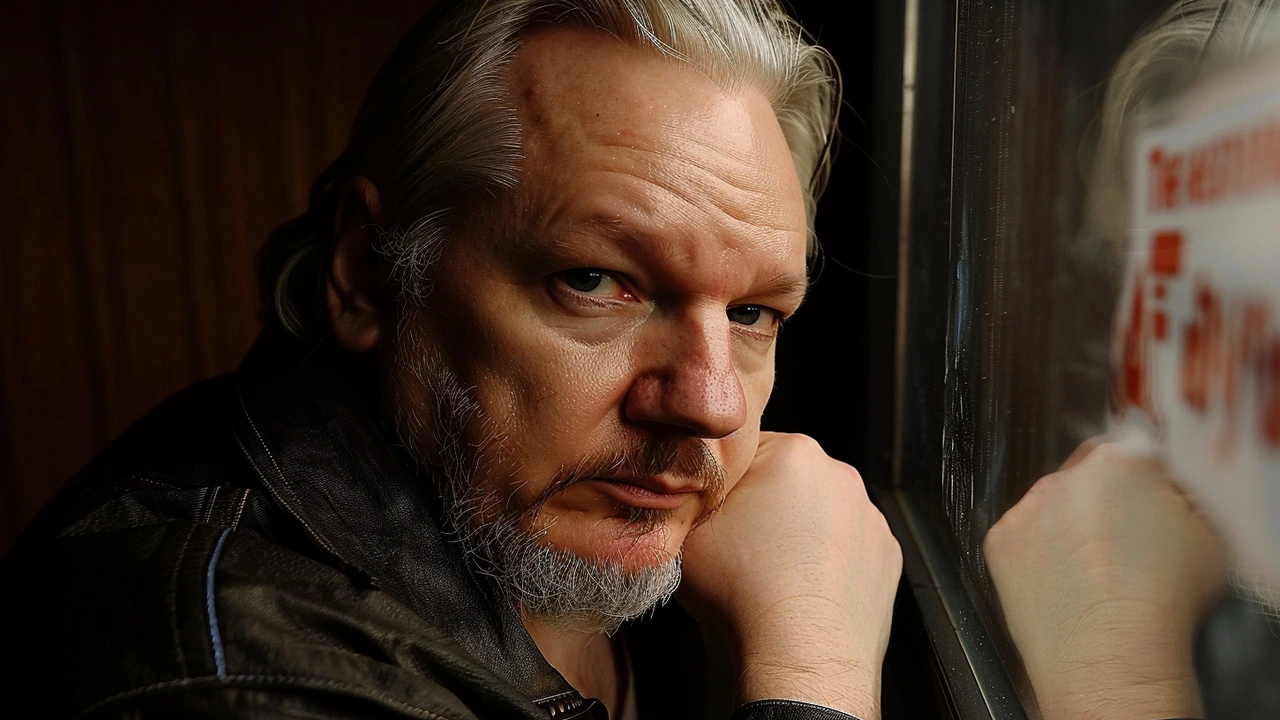Understanding Plea Deals: A Simple Guide
If you've heard the term "plea deal" but aren't quite sure what it means, you're not alone. A plea deal, also called plea bargaining, is an agreement in a criminal case where the accused agrees to plead guilty to a lesser charge or receive a lighter sentence. This helps save time and resources for the court and the accused. But how does it really work, and why do many cases end this way instead of going to trial?
When someone faces criminal charges, both the defense and the prosecution can negotiate a plea deal. The idea is to avoid a lengthy trial, which can be costly and stressful for everyone involved. From the accused's side, accepting a plea deal might mean getting a shorter sentence or avoiding some charges altogether. For prosecutors, it ensures a conviction without the uncertainty of trial.
Why Are Plea Deals Common?
Most people don't realize that the vast majority of criminal cases actually end with plea deals instead of going to court. This is partly because trials take a lot of time, effort, and money. Plea deals speed up the process and help courts manage heavy caseloads. Also, for defendants, plea bargains offer some control over the outcome, often lowering the risk of harsher penalties if found guilty at trial.
However, plea deals aren't perfect. Sometimes people accept them even if they're innocent, simply to avoid the stress or risk of losing at trial. It's essential to understand all your options and the consequences before agreeing to any deal. Always talk to a qualified lawyer who can explain what the deal means for your case and future.
What Should You Watch Out For?
If you’re involved in a case where a plea deal is on the table, take your time to consider the offer carefully. Ask questions about how the deal affects your record, possible sentences, and whether you’re giving up rights to appeal. Think about long-term impacts, like employment and travel restrictions. Staying informed helps you make the best choice for your situation.
Remember, a plea deal is a legal tool designed to balance the court’s work and the accused's options. It’s not a quick fix or a sign of guilt. Knowing how plea deals work gives you an edge, whether you’re directly involved or just curious about the legal system.
Julian Assange Bound for Saipan: Legal Milestones and Potential Freedom Ahead
Julian Assange, founder of WikiLeaks, is heading to Saipan for a US court appearance after reaching a plea deal regarding his espionage charges. This agreement could lead to his eventual release and return to Australia. The hearing arrangement prioritizes Assange's reluctance to enter the continental US. His case has sparked global debate over freedom of information and national security.
Read More
